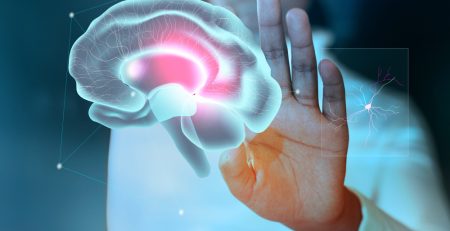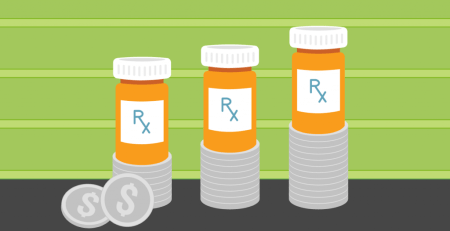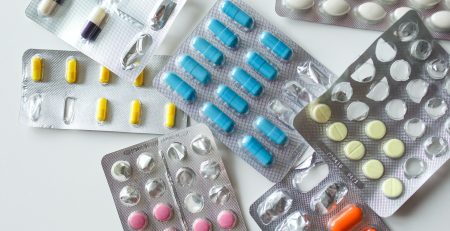A Holistic Approach to Food Poisoning Recovery
Food poisoning, commonly known as a stomach bug, can leave you feeling depleted and uncomfortable. While the illness itself may last only a few days, the recovery process can be more prolonged and challenging. Understanding what to expect during recovery and making mindful choices about what to eat and drink can significantly aid in the healing process.
1. Understanding the Recovery Process
– Food poisoning often starts suddenly but recovery is gradual.
– Symptoms like nausea and vomiting may improve first, but digestive issues can persist for up to a week.
– Expect heartburn, bloating, irregular stool patterns, and a suppressed appetite during recovery.
2. Hydration is Key
– Replenishing lost fluids and electrolytes is crucial.
– Oral rehydration solutions, broth, and watered-down juices are ideal choices.
– Avoid caffeinated beverages, alcohol, and diet drinks as they can worsen symptoms.
3. Gentle Foods for Recovery
– Broth-based soups, popsicles, and saltine crackers are soothing and easy to digest during food poisoning.
– Gradually reintroduce carbohydrates like pastas, potatoes, and rice into your diet.
– Avoid spicy, fatty, high-protein, high-fiber, acidic, and dairy-rich foods during recovery.
4. Recovery Tips
– Prioritize rest to aid healing.
– Stay hydrated with small, frequent sips of fluids.
– Consider over-the-counter medications cautiously and consult a healthcare professional if symptoms persist.
– Probiotics may aid in recovery, but consult with a healthcare provider before starting.
Exploring the Recovery Journey
Recovering from food poisoning is not just about waiting for symptoms to subside but actively supporting your body’s healing process. As you navigate the recovery journey, here’s what you need to know about each phase:
1. Understanding the Recovery Process
Food poisoning can disrupt your digestive system, leaving you with discomfort even after the worst of the illness has passed. Symptoms such as heartburn, bloating, and irregular stool patterns can linger for days, impacting your appetite and energy levels.
2. Hydration is Key
Fluid loss through vomiting and diarrhea can lead to dehydration, making it essential to replenish lost fluids and electrolytes. While water is beneficial, specialized oral rehydration solutions like Pedialyte or broth are more effective in restoring electrolyte balance.
3. Gentle Foods for Recovery
During the acute phase of food poisoning, sticking to bland, easily digestible foods is advisable. Broth-based soups provide hydration and essential nutrients without overloading the digestive system. Similarly, foods like popsicles and saltine crackers offer comfort and relief.
4. Recovery Tips
Rest is paramount during recovery, allowing your body to focus its energy on healing. Gradually reintroduce solid foods into your diet, starting with small portions of carbohydrates like pasta and rice. Avoiding triggers such as spicy, fatty, and high-fiber foods can prevent exacerbating symptoms.
While food poisoning can be a challenging experience, understanding the recovery process and making informed dietary choices can expedite healing and minimize discomfort. By prioritizing hydration, consuming gentle foods, and practicing self-care, you can support your body’s journey back to health. Remember to be patient and listen to your body’s cues as you navigate the path to full recovery.










